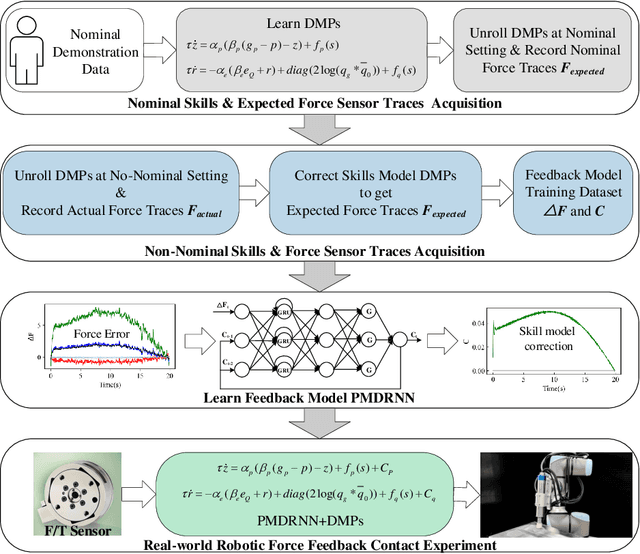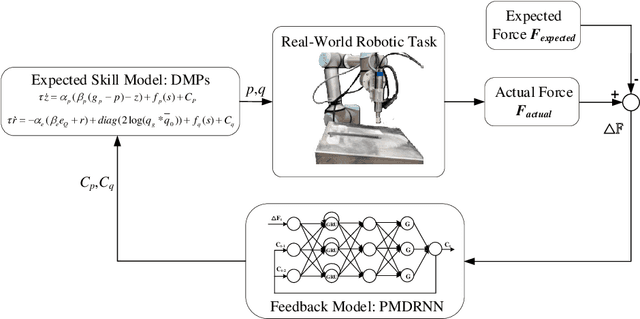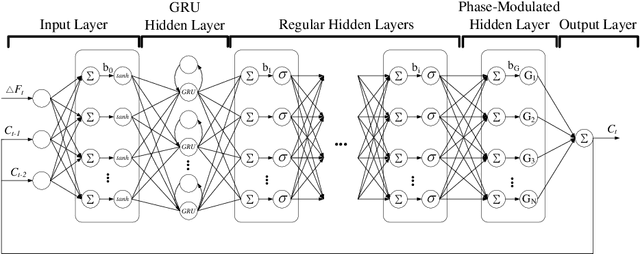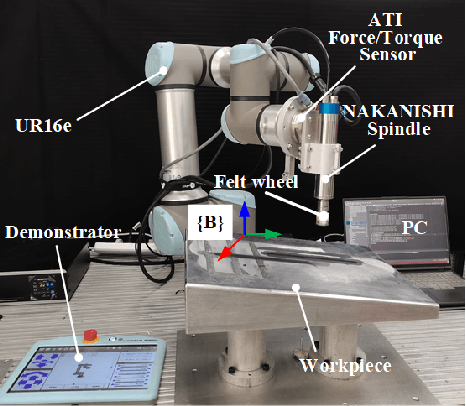Xiaowei Tang
Real-time Monitoring and Analysis of Track and Field Athletes Based on Edge Computing and Deep Reinforcement Learning Algorithm
Nov 11, 2024Abstract:This research focuses on real-time monitoring and analysis of track and field athletes, addressing the limitations of traditional monitoring systems in terms of real-time performance and accuracy. We propose an IoT-optimized system that integrates edge computing and deep learning algorithms. Traditional systems often experience delays and reduced accuracy when handling complex motion data, whereas our method, by incorporating a SAC-optimized deep learning model within the IoT architecture, achieves efficient motion recognition and real-time feedback. Experimental results show that this system significantly outperforms traditional methods in response time, data processing accuracy, and energy efficiency, particularly excelling in complex track and field events. This research not only enhances the precision and efficiency of athlete monitoring but also provides new technical support and application prospects for sports science research.
Adaptive Tuning of Robotic Polishing Skills based on Force Feedback Model
Oct 23, 2023



Abstract:Acquiring human skills offers an efficient approach to tackle complex task planning challenges. When performing a learned skill model for a continuous contact task, such as robot polishing in an uncertain environment, the robot needs to be able to adaptively modify the skill model to suit the environment and perform the desired task. The environmental perturbation of the polishing task is mainly reflected in the variation of contact force. Therefore, adjusting the task skill model by providing feedback on the contact force deviation is an effective way to meet the task requirements. In this study, a phase-modulated diagonal recurrent neural network (PMDRNN) is proposed for force feedback model learning in the robotic polishing task. The contact between the tool and the workpiece in the polishing task can be considered a dynamic system. In comparison to the existing feedforward neural network phase-modulated neural network (PMNN), PMDRNN combines the diagonal recurrent network structure with the phase-modulated neural network layer to improve the learning performance of the feedback model for dynamic systems. Specifically, data from real-world robot polishing experiments are used to learn the feedback model. PMDRNN demonstrates a significant reduction in the training error of the feedback model when compared to PMNN. Building upon this, the combination of PMDRNN and dynamic movement primitives (DMPs) can be used for real-time adjustment of skills for polishing tasks and effectively improve the robustness of the task skill model. Finally, real-world robotic polishing experiments are conducted to demonstrate the effectiveness of the approach.
 Add to Chrome
Add to Chrome Add to Firefox
Add to Firefox Add to Edge
Add to Edge